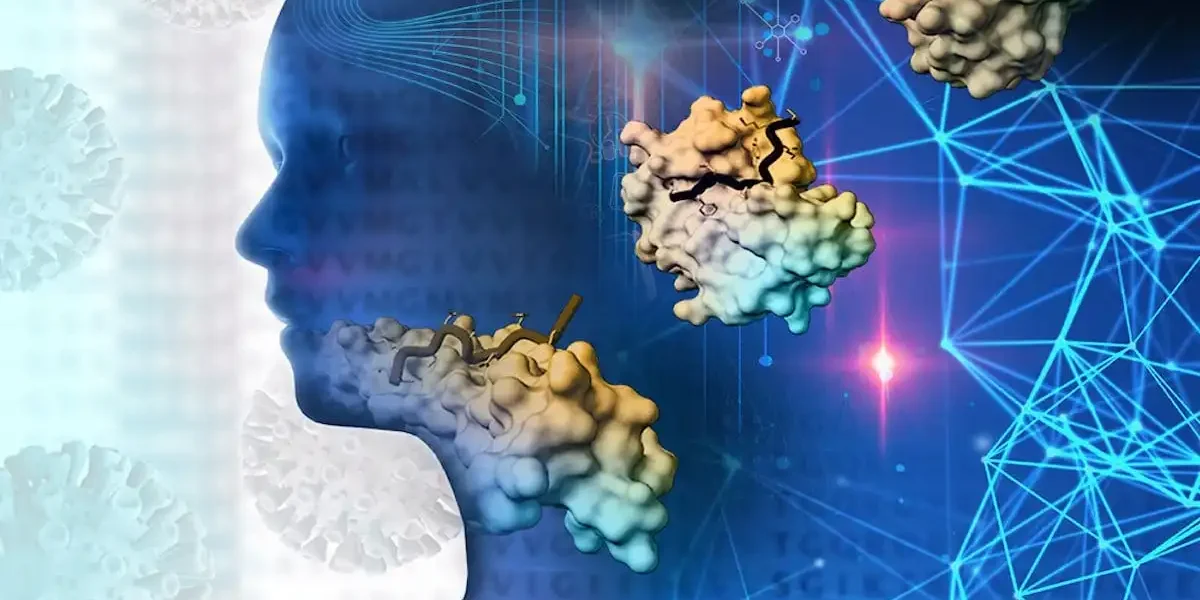Introduction: The Power of AI in Saving Human Research Time
AI is changing how research is done. It helps researchers work faster and smarter. Traditional research takes time and effort. With AI, tasks that once took years can now be completed in hours. How AI is saving billions of years of human research time is a big deal.
It speeds up data processing, analysis, and discovery. AI also reduces the risk of making mistakes. This makes the research more efficient and effective.
Researchers can now get time to solve more complicated problems, while AI gets the routine work done.
Speeding up Data Analysis
Data analysis used to take a very long time. Researchers had to go through huge amounts of data by hand.
AI now processes that data much more quickly. It rapidly shifts, filters, and analyzes information. AI can spot patterns and trends missed by humans.
This simply means that researchers get the answers much quicker. A job that would take a researcher years can be completed within days or hours by the AI.
This accelerates discoveries and enables the researcher to make progress much faster. The time saved facilitates more research.
Automating Repetitive Tasks
Most research jobs are repetitive and time-consuming. AI can do these jobs automatically. It can collect data, organize it, and even run basic experiments.
This frees up researchers to focus on creative and complex work. By automating routine jobs, AI saves countless hours. This makes research more efficient and less tiring.
Enhancing Collaboration and Communication
AI also facilitates how researchers communicate. It makes them share data and findings faster. AI tools translate languages, making global communication easier.
Researchers from different parts of the world can now work together seamlessly. AI also helps in organizing meetings, managing schedules, and sharing documents. With AI, teams stay connected and can focus on solving problems, not logistics.
AI-Driven Breakthroughs in Science and Medicine
AI is changing science and medicine. It is able to scan millions of pieces of data quickly to discover new treatments or even cures. In medicine, AI identifies patterns that might lead to quicker diagnosis for patients.
It also predicts the efficacy of drugs to cut down the trial-and-error process. Without AI, these discoveries would have been achieved much later by humans.
Reducing Human Error and Bias
Human mistakes hinder research progress. AI assists in minimizing errors since it functions precisely. It makes sure the tasks, such as inputting data, performing computations, and testing are conducted accurately.
Moreover, AI minimizes bias by having the ability to objectively review the data. This would increase the accuracy and dependability of the research findings. By using AI, there is a lesser chance that any important information would be left out.
Cutting Costs in Research Projects
AI helps save on costs in research. It does tasks that would have required so much manpower. This eliminates the need for a big team to work on redundant tasks.
It also hastens data processing, reducing the time spent in research. The more rapid the research, the lesser the amount of money spent. In general, AI helps make research cheaper and accessible.
The Future of AI in Research
AI will further transform the future of research. It will get even stronger as technology improves. It will tackle problems that seem impossible at present.
Researchers will lean more on AI for discoveries to be faster, and more accurate. Future research will be faster, cheaper, and more innovative through AI.
Conclusion: How AI is Saving the Human Research Time
AI is transforming the research process. With automation of redundant tasks and accelerated data analysis, researchers can now arrive at their findings much quicker than they could have otherwise.
From the saving of billions of years of human research time, one can tell that this technology accelerates discoveries across science and medicine. The technology reduces human error, cuts costs, and allows researchers to focus on more important tasks.
As AI continues to improve, its impact in research will only grow and accelerate groundbreaking findings. AI is not only enhancing research but also redefining what is possible.
Read More: How To Learn Generative AI for Free
Frequently Asked Questions (FAQs)
Artificial Intelligence is changing the world by automating tasks, enhancing decision-making, and driving innovation in various industries.
AI improves efficiency, reduces human error, speeds up processes, and allows for more accurate predictions and personalized experiences.
AI will potentially displace jobs, privacy issues, and biased algorithms if not properly managed.
AI helps in better diagnosis, individualized treatment, and increased speed of drug discovery in making healthcare more accessible and effective.
AI will definitely substitute some jobs but also produce new ones in fields such as AI development, data science, and machine learning.
AI is applied in everyday life through virtual assistants, recommendation systems such as Netflix or Amazon, self-driving cars, and personalized advertisements.
AI is making processes more streamlined, repetitive tasks automated, improving data analysis, and thereby decision-making in healthcare, finance, and manufacturing.




